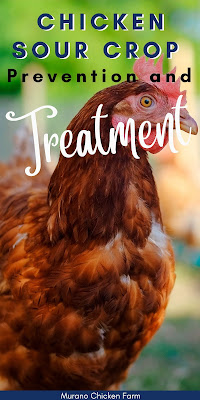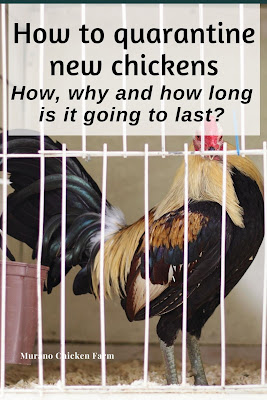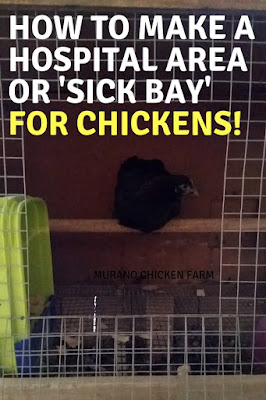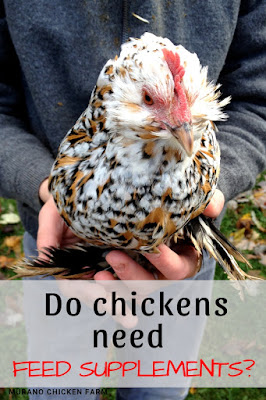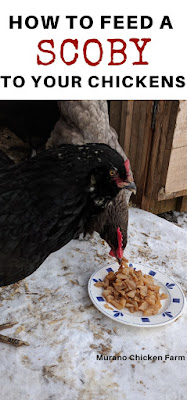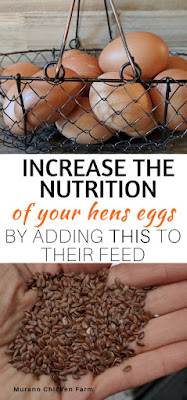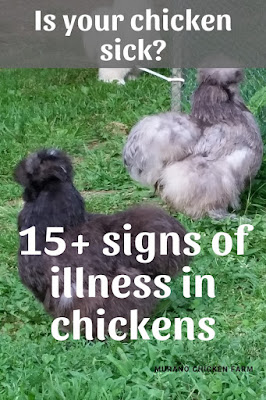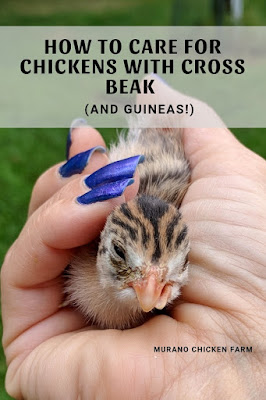Last week a friend asked me to stop over and take a look at one of her hens. The poor thing had a full crop and it didn't seem to be going down overnight. Also, my friend told me the chicken had bad breath! Chickens don't really get bad breath so I knew there had to be something wrong with her crop and went over to take a look. Turns out her hen had sour crop.
Today we're going to discuss what sour crop is in chickens? Is it common and how can I diagnose and treat it?
Chickens are likely to eat just about anything, so it's not unusual for them to have crop problems. When chickens feed, the crop will fill up during the day and empty overnight. If the crop has not emptied, there is something wrong with digestion or a problem with what they're eating!
Sour crop often starts by a blockage or slow emptying of the crop. Unfortunately, it often goes along with impacted crop and can cause pendulous crop!

